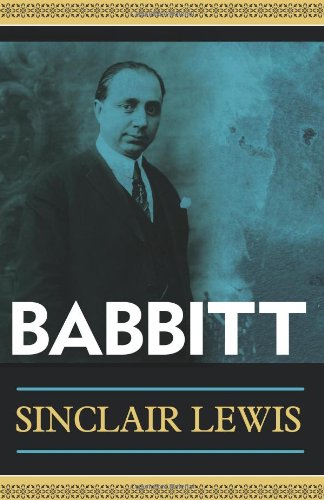Lucky Jim by Kingsley Amis
The humorous college book Lucky Jim by Kingsley Amis mocks the hypocrisies and conceits of 1950s academic life. David Lodge wrote the introduction for this Penguin Modern Classics version. Jim Dixon landed a job at one of the brand-new red-brick universities in Britain by mistake. If Jim can fend off Margaret’s unwanted advances, make it through Professor Welch’s madrigal-singing weekend, present a lecture on “Merrie England,” and resist Christine, Bertrand’s awful son Welch’s hopelessly desirable girlfriend, he can have a moderately successful future in the history department. Jim Dixon is a classic humorous figure who finds himself at sea in a hopelessly gauche and pretentious environment. He was modelled after Amis’ buddy, the poet Philip Larkin.
Lucky Jim by Kingsley Amis
27 used from $1.30
Kingsley Amis (1922–1955), a London-born author of poetry, criticism, and short stories is best known for his novels, which provide a humorous breakdown of post-war Britain. In books like Lucky Jim (1954) and That Uncertain Feeling (1955), along with The Green Man (1970), Stanley and the Women (1984), and The Old Devils (1986), which received the Booker Prize, Amis examined his dissatisfaction with British culture. The King’s English by Amis, which is also available in Penguin Modern Classics, may appeal to those who liked Lucky Jim. A great comic book, I still adore it today as I did back then. I’ve always laughed out loud when I read it, Helen Dunmore, The Times. An excellent and ridiculously funny novel, according to the Guardian.
When Kingsley Amis was just twenty-eight years old in 1951, he started writing his first book, “Lucky Jim.” Larkin actively participated in the book’s editing, and Larkin was honoured with the book’s dedication. Some readers and reviewers have speculated over the years that Amis was essentially recounting his own life in the escapades of the book’s main character, Jim Dixon, and that “Lucky Jim” was autobiographical in nature. Both the author and the character were academics at remote provincial institutions who believed that life was about to pass them by and that they would be locked in their unremarkable situations for the rest of time.


 Amazon.com
Amazon.com 




